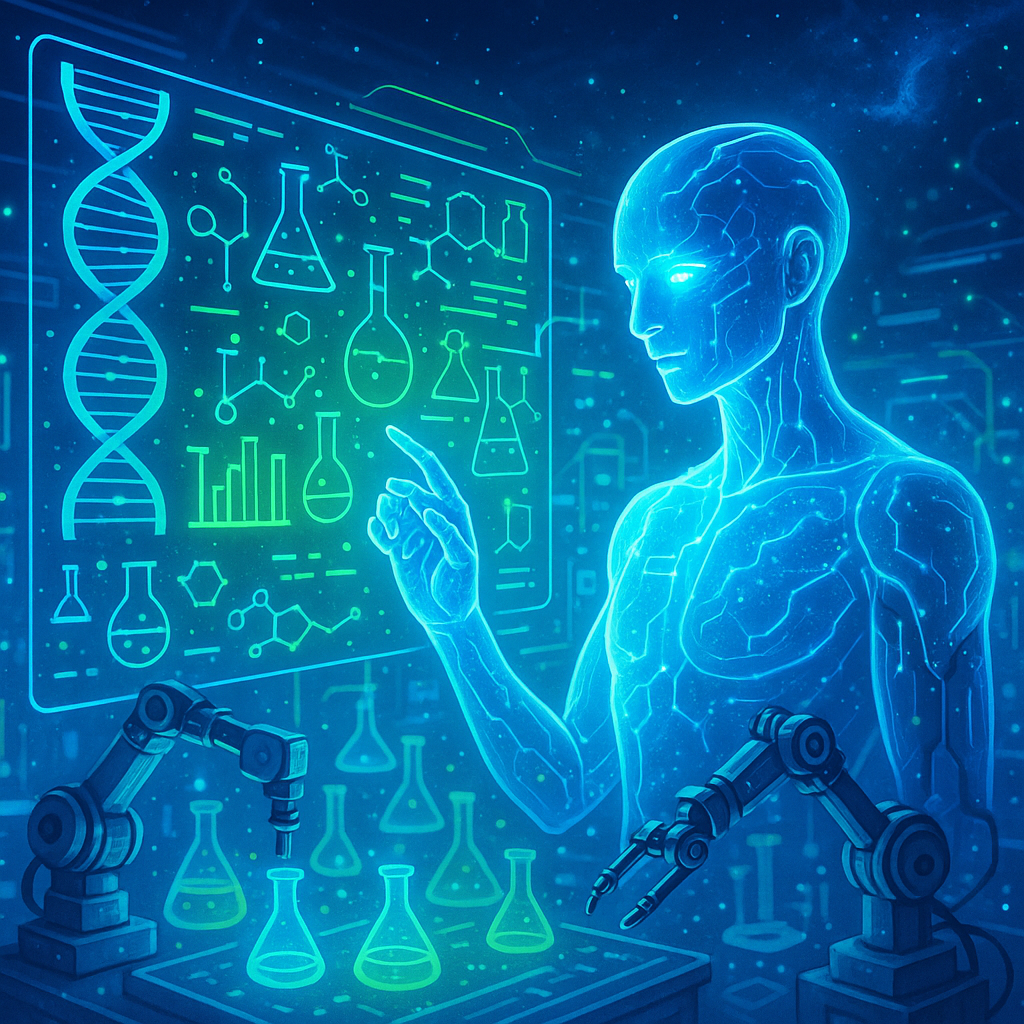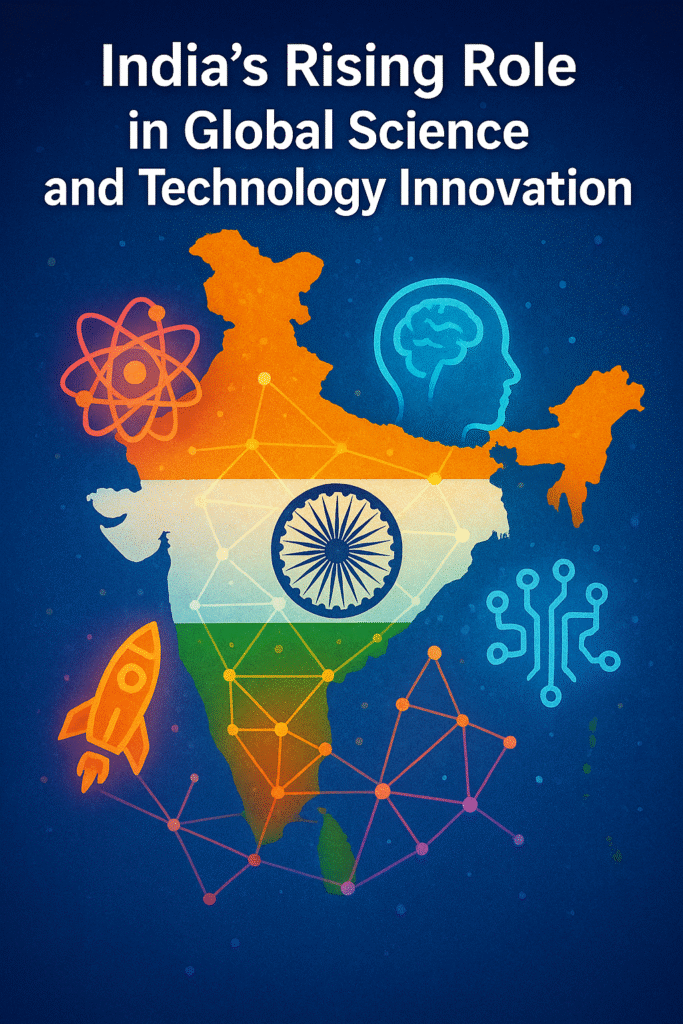
Quantum computing, once a futuristic concept, is now at the forefront of technological innovation. In 2025, remarkable advances are being made in quantum hardware, algorithms, and practical applications—bringing us closer to solving complex problems that are beyond the reach of traditional computers.
What Is Quantum Computing?
Quantum computing leverages the principles of quantum mechanics—superposition, entanglement, and tunneling—to perform computations at unprecedented speed and efficiency. Unlike classical computers that use bits, quantum computers use qubits, which can exist in multiple states at once, enabling powerful parallel processing.
Recent Breakthroughs in Quantum Computing
1. Quantum Supremacy Achieved and Surpassed
In recent years, leading tech companies like Google, IBM, and startups have demonstrated quantum computers solving problems faster than the most advanced supercomputers. In 2025, new benchmarks have been set, with quantum processors reaching higher fidelity and tackling more complex tasks.
- Reference: Google Quantum AI
2. Error Correction Advances
One of the major hurdles for quantum computing has been dealing with errors and maintaining stability. Cutting-edge research in quantum error correction has led to the development of more reliable qubits and fault-tolerant quantum processors, moving us closer to practical, large-scale quantum computers.
- Reference: IBM Quantum Error Correction
3. Commercial Applications Emerging
Quantum computing is starting to impact fields like drug discovery, logistics, cryptography, and financial modeling. Companies are partnering with quantum hardware providers to explore real-world applications and gain a competitive edge.
- Reference: Microsoft Quantum Applications
4. Hybrid Quantum-Classical Systems
A major trend is the integration of quantum processors with classical supercomputers, enabling hybrid systems that can handle both conventional and quantum workloads. This approach accelerates scientific research and business analytics.
- Reference: D-Wave Hybrid Systems
5. Global Collaboration and Open Source
The quantum revolution is driven by global collaborations between universities, tech giants, and governments. Open-source frameworks like Qiskit and Cirq are making quantum development more accessible than ever.
- Reference: Qiskit Open Source
The Future: Why It Matters
Quantum computing promises to revolutionize industries by enabling breakthroughs in materials science, medicine, cybersecurity, and artificial intelligence. As hardware matures and software ecosystems grow, experts predict that quantum computers will soon address problems previously considered unsolvable.
Conclusion
Staying updated on the latest breakthroughs in quantum computing is crucial for researchers, tech professionals, and business leaders. As the field evolves rapidly, understanding these developments can help you harness the power of quantum technology for your work or business.

